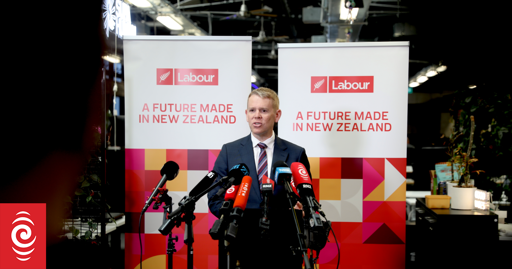

Is it just me or does this government blame everything on Labour? As we head into another election year, somehow things happening now are still Labour’s fault.
There’s an argument to be made that actions tthe government have taken over the last couple of years may have directly increased the need for people to use this service












You linked with a time stamp at the end lol, the video started played from the end.
Can I argue (perhaps as devil’s advocate) that a popularity contest isn’t the problem?
The Prime Minister’s job isn’t (or perhaps shouldn’t be) to make hard decisions (unlike perhaps the US president), it’s to lead their party and the country. Their job is to show up to meetings with the heads of other countries and make us sound good and look good on the world stage. Exactly the kind of person they are saying makes a bad leader. The prime minister has a cabinet and access to experts for making decisions as a government.
Plato’s idea of having a group of scholars lead the country is dumb. Sooner or later that will become a form of dictatorship, and in all likelihood that group will get dumber over time.
Perhaps the problem is there’s no requirement to have expert advice on decisions, or perhaps the lack of transparency in that advice (though there are obviously reasons some things may need to be kept secret). Perhaps we need to require qualifications and experience for certain advisors to the government, some sort of requirements for evidence supporting the advice, and some level of scrutiny over the advice and whether the government followed it. A government that never follows advice must surely (🥺) lose popularity, and a government that follows expert advice over half the time must surely perform better than existing governments…